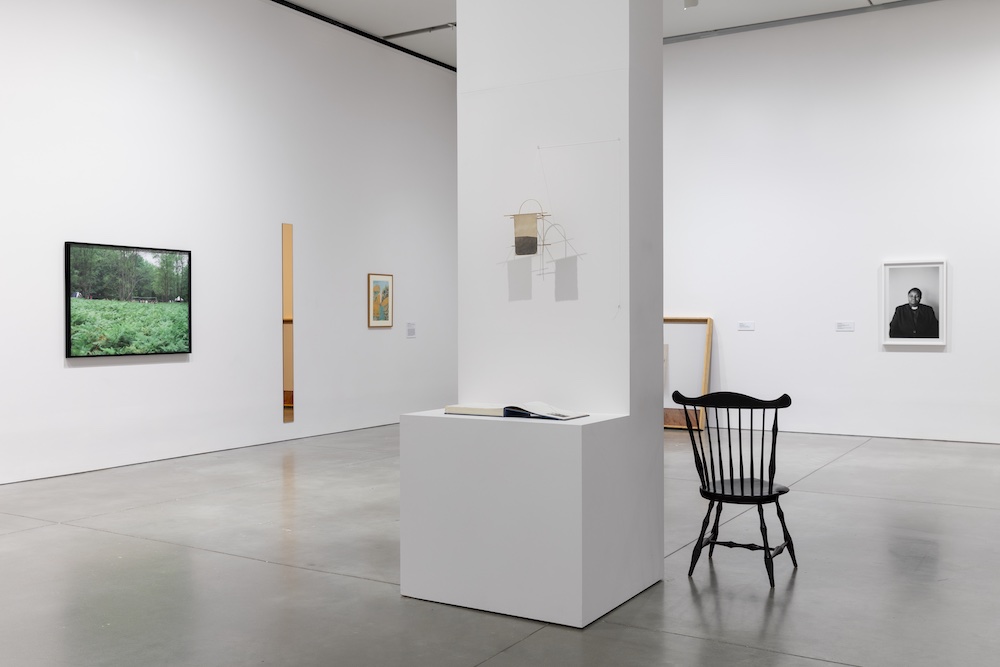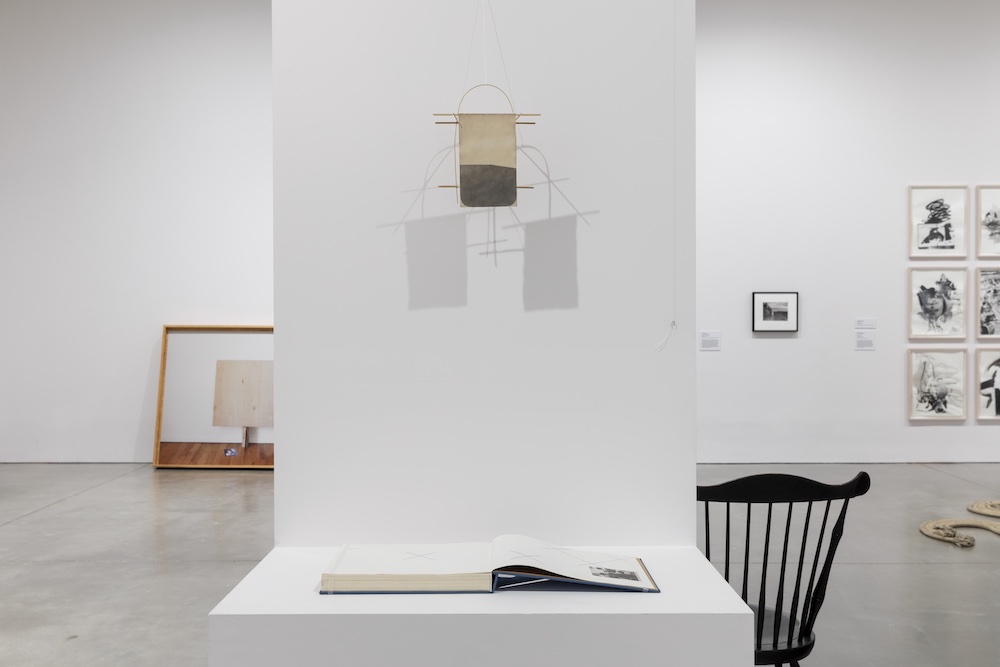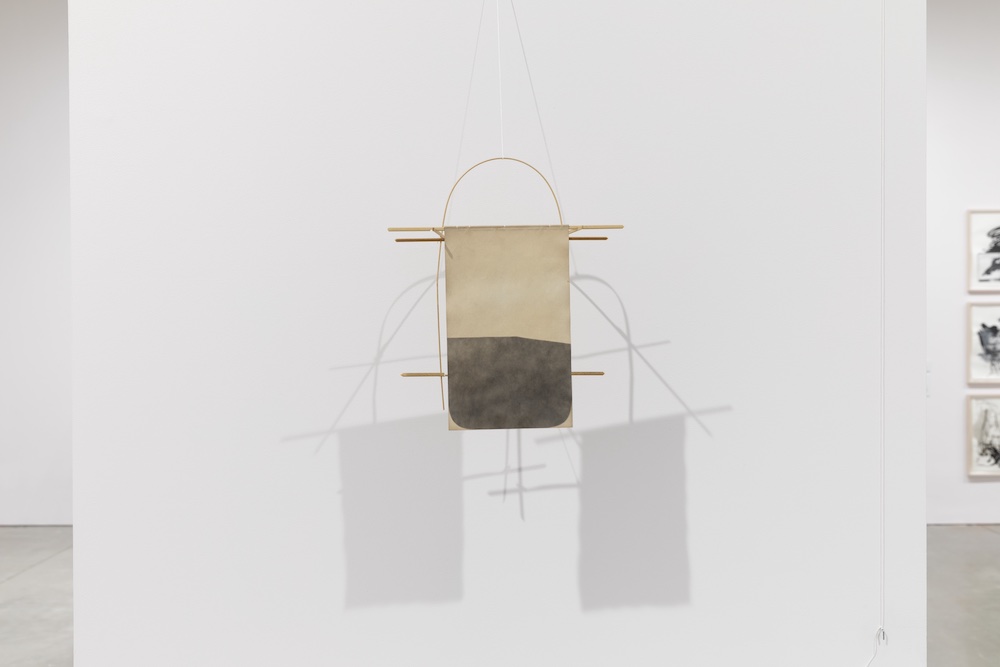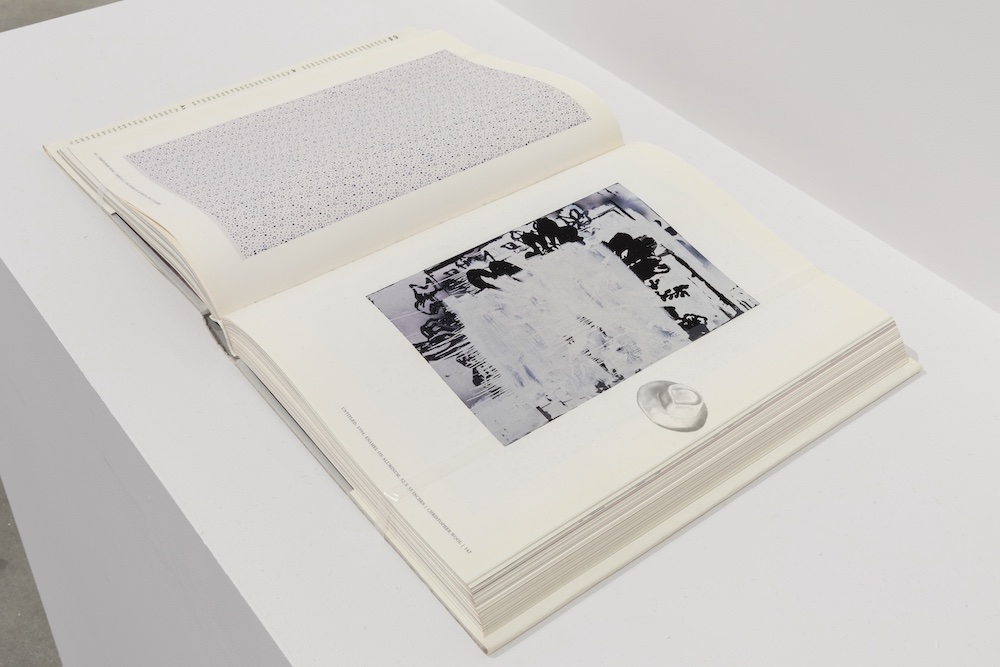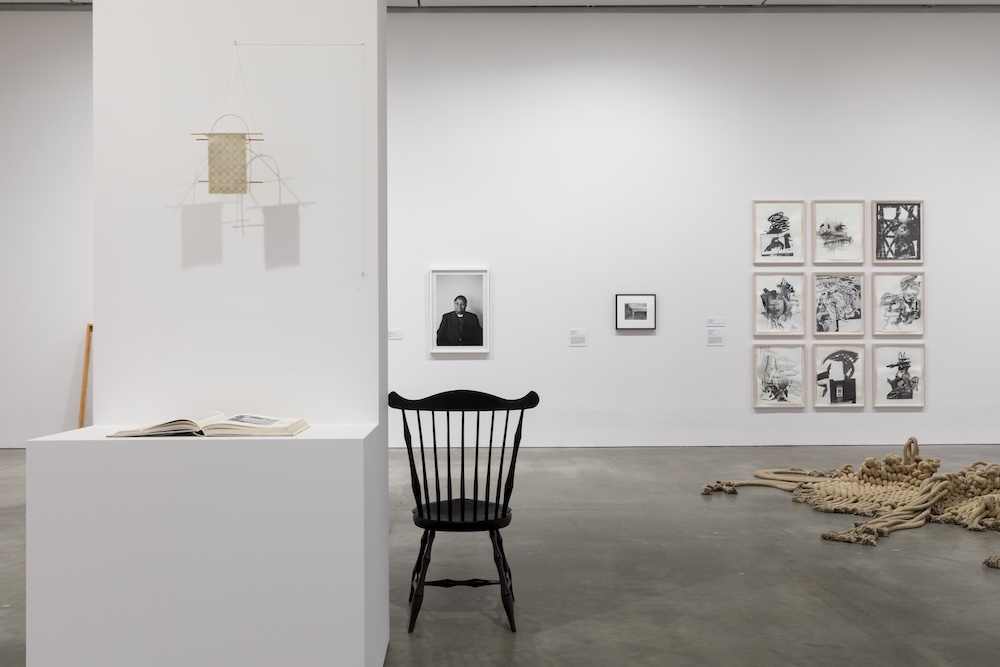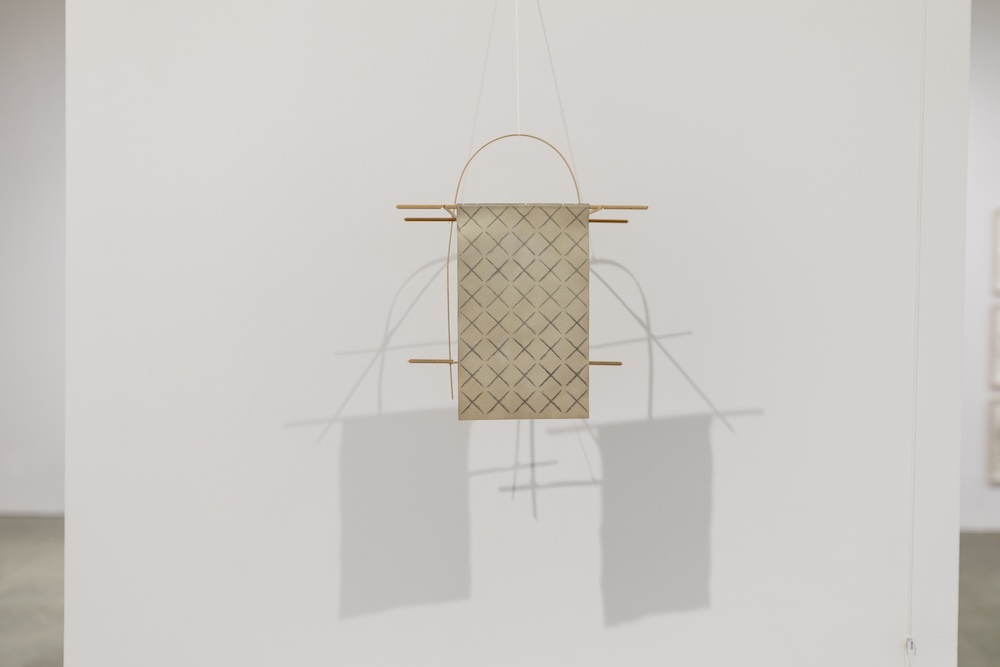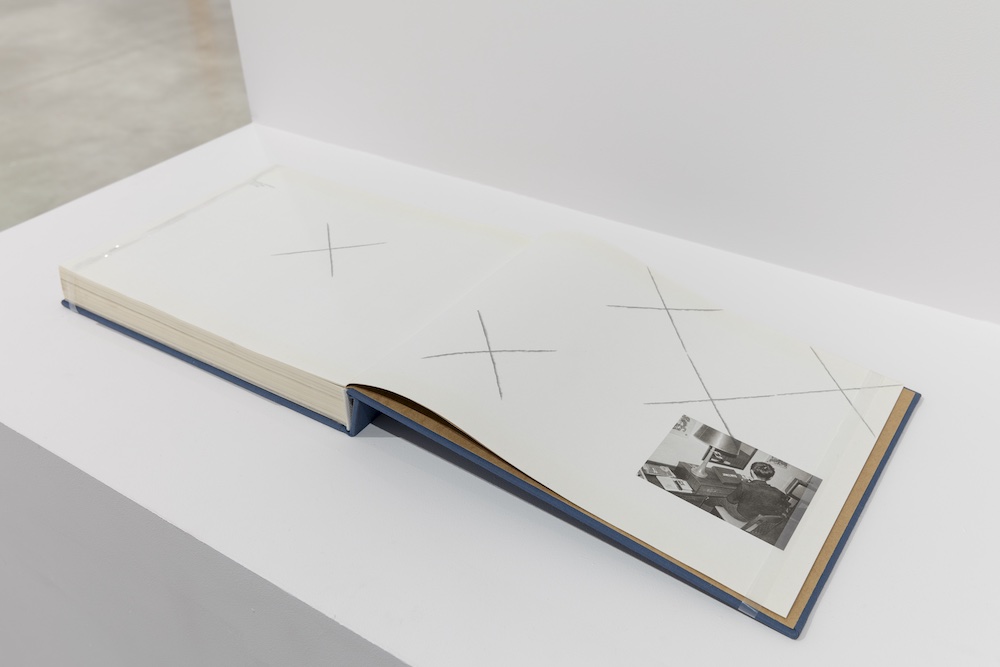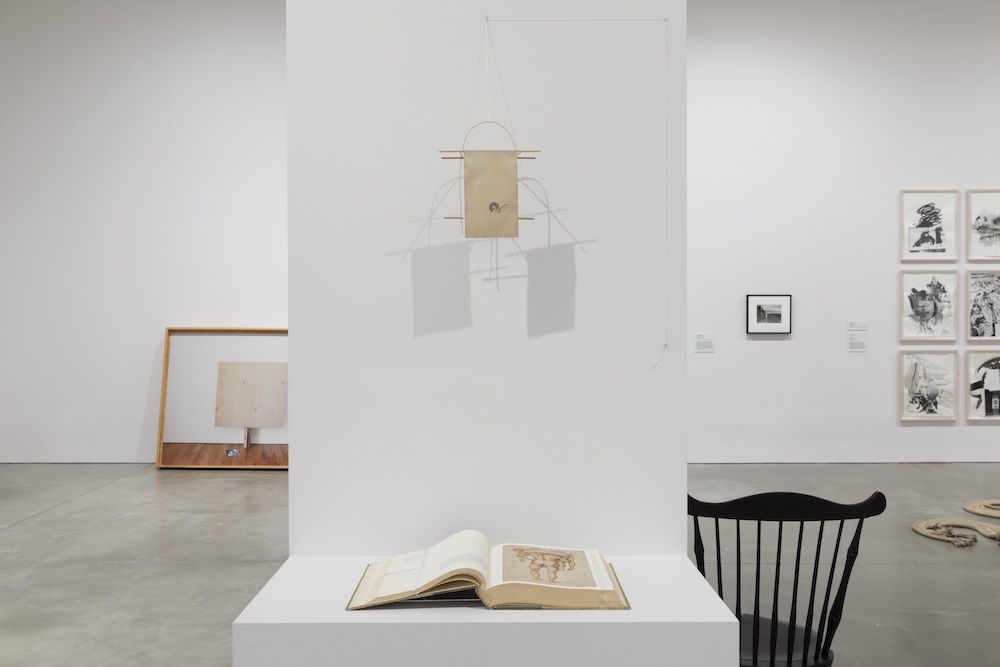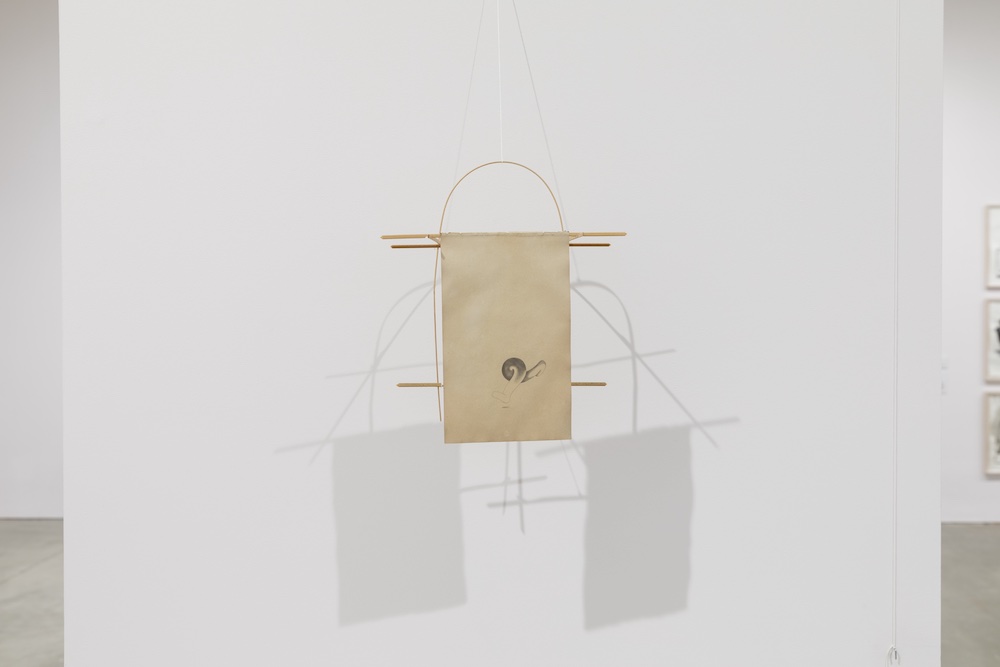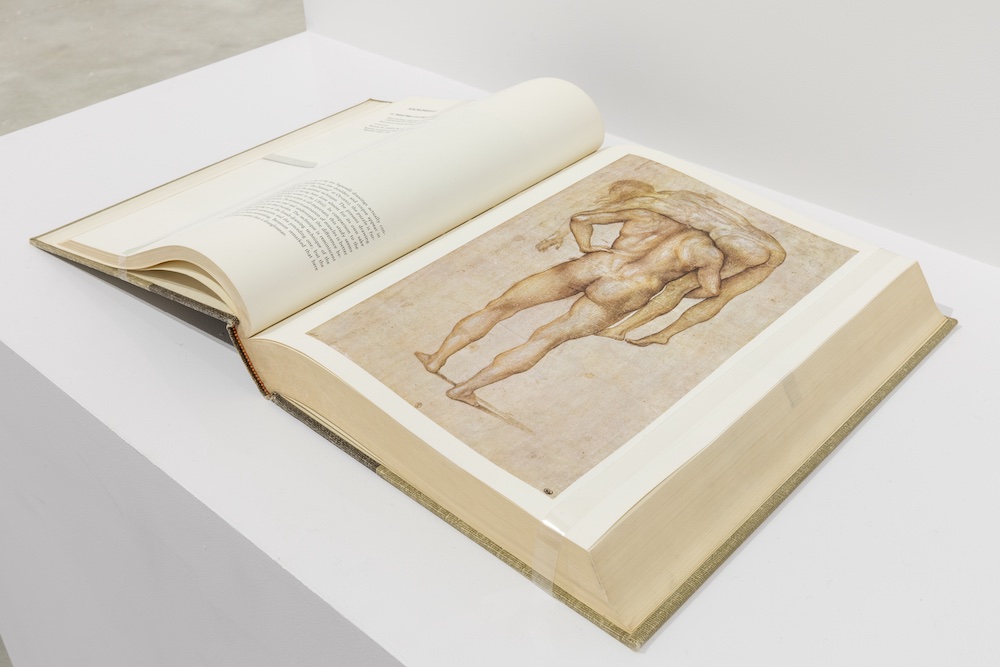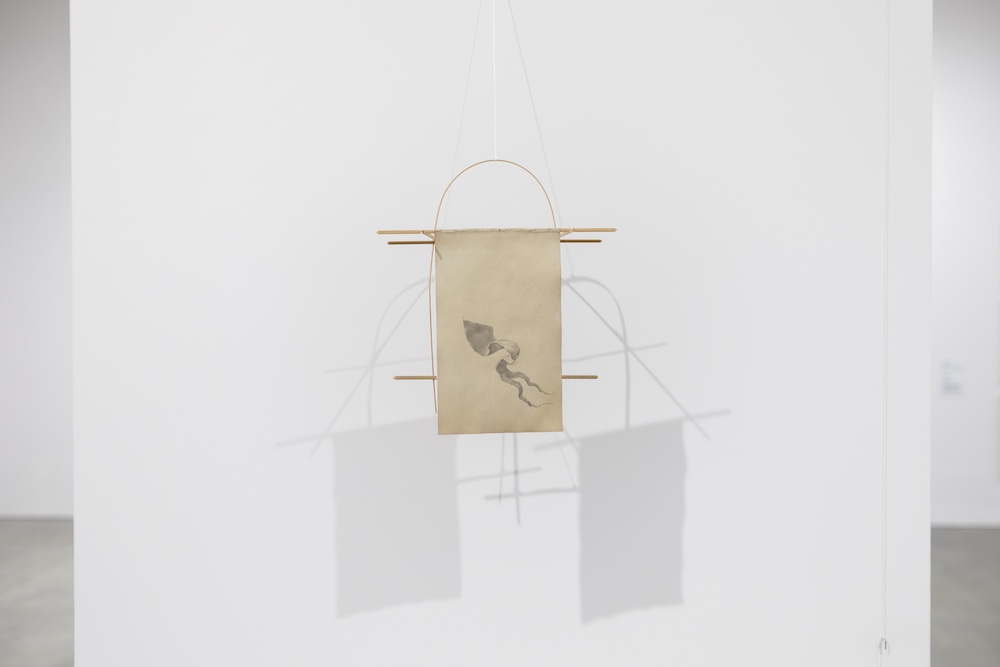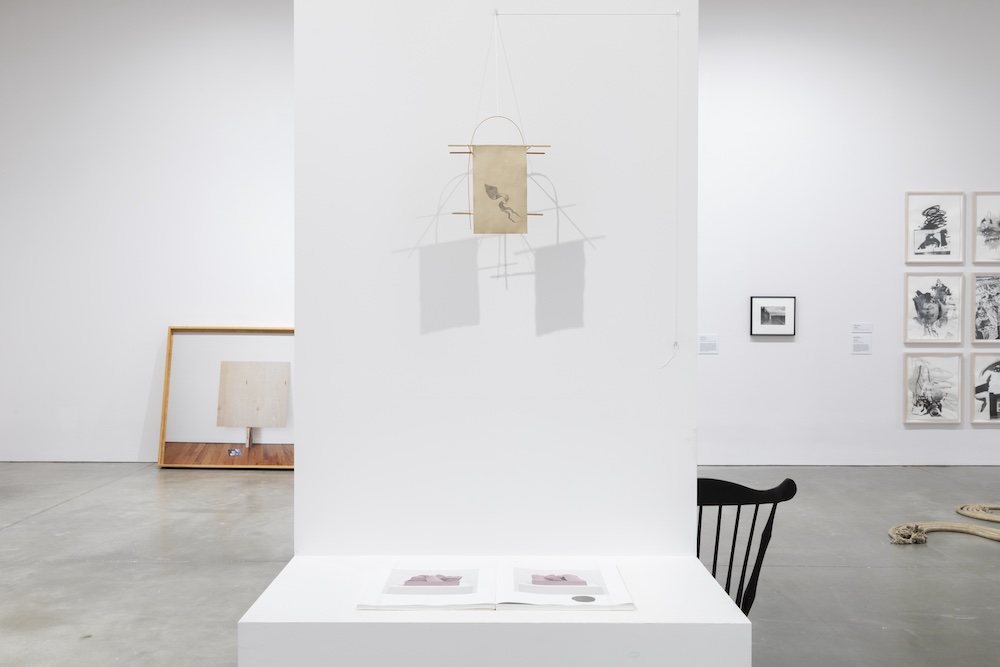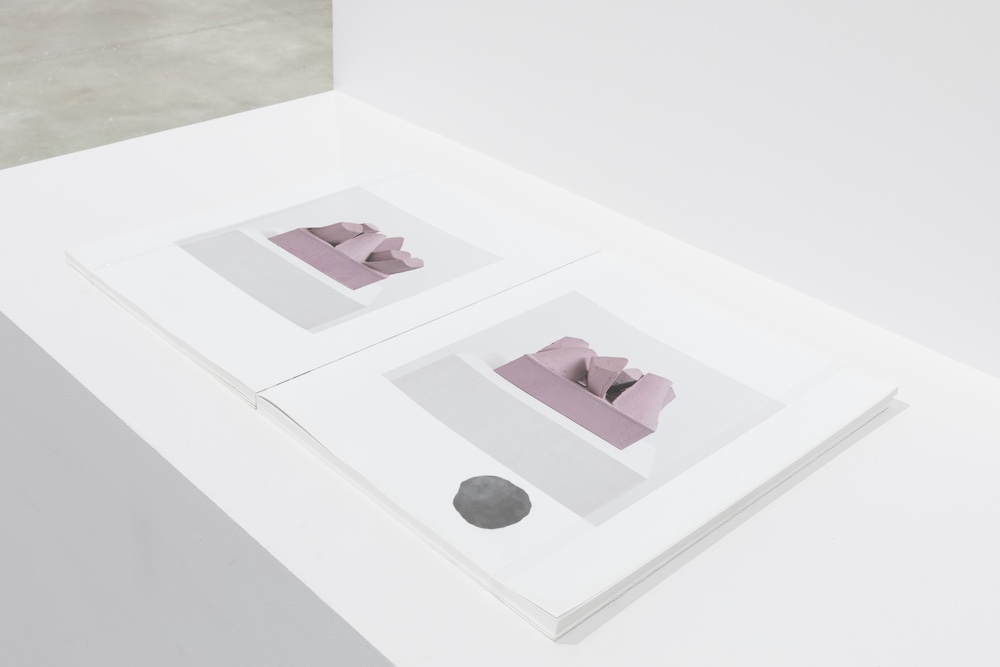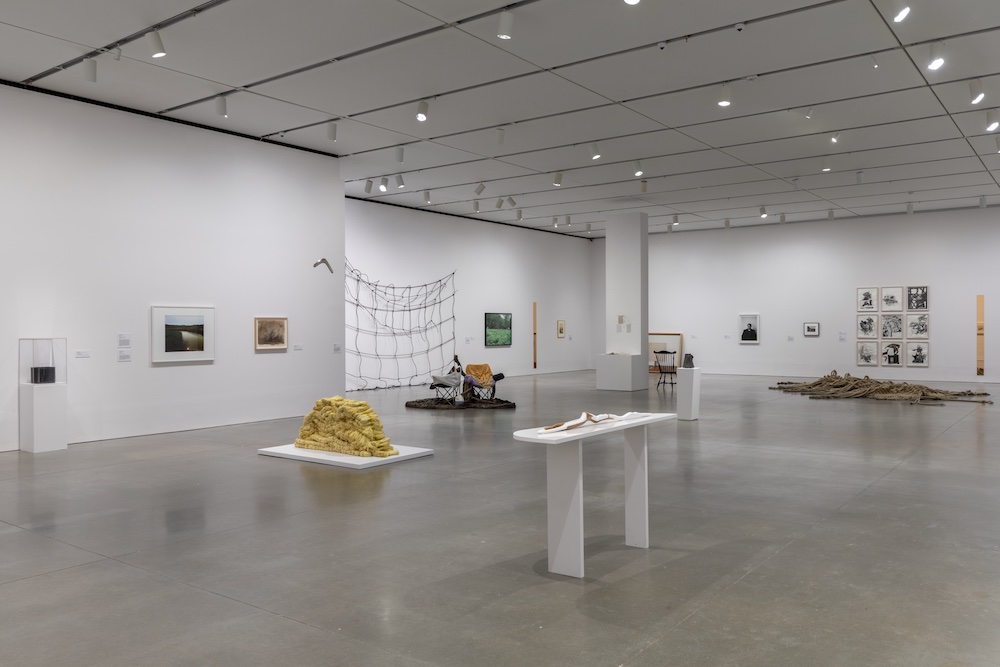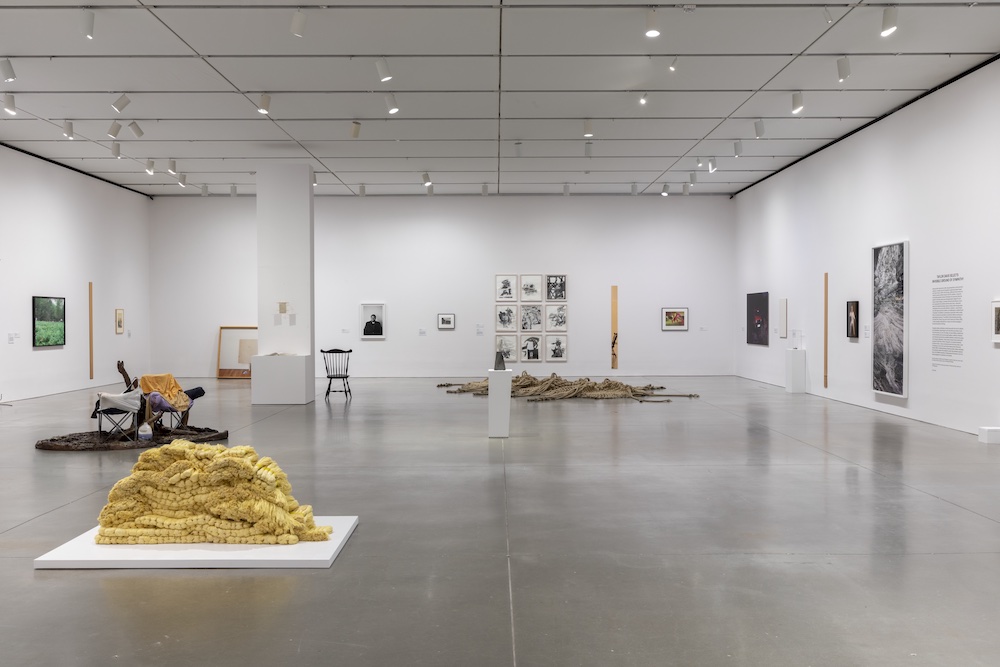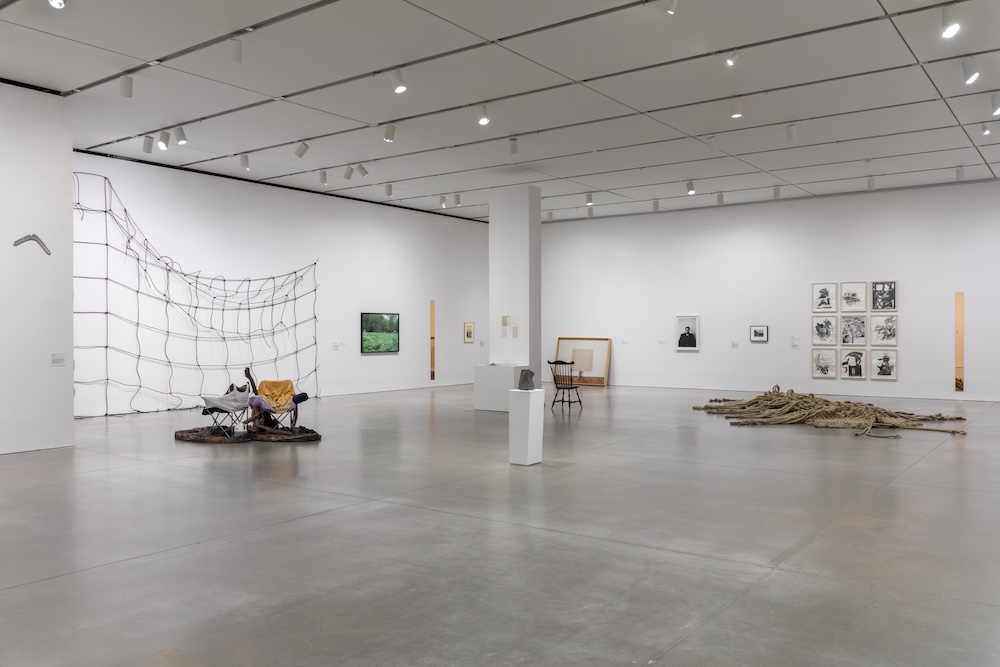Taylor Davis Selects: Invisible Ground of Sympathy ICA Boston, Boston, MA
January 31, 2023–January 24, 2024
On January 31, the Institute of Contemporary Art/Boston (ICA) opens Taylor Davis Selects: Invisible Ground of Sympathy, the first time an artist has been invited to organize an exhibition based on the ICA’s permanent collection. Davis—whose work in sculpture, painting, and collage explores the relationship between object and viewer—carries forward her artistic ideas into the exhibition, which will include works by Lynda Benglis, Mona Hatoum, Cindy Sherman, Robert Mapplethorpe and many others. Organized by Davis in collaboration with Jeffrey De Blois, ICA Associate Curator and Publications Manager, the exhibition will be on view through January 7, 2024.
“In nearly two decades, the ICA has established a strong and significant collection ranging from the historically important work of figures such as Eva Hesse and Ana Mendieta to the explorations of leading artists at work today including Zanele Muholi and Senga Nengudi,” said Jill Medvedow, Ellen Matilda Poss Director. “Taylor will bring her sculptor’s perspective to our collection and I am excited to experience works from the collection in new and meaningful ways.”
A long-time and critically acclaimed member of the Boston arts community, Davis has taught at Massachusetts College of Art and Design since 1999 and is on the faculty of Bard College. She is represented in the ICA’s collection with two works (Untitled, 2015; and Be Attentive, 2020) and is a member of the ICA’s Artist Advisory Council as well as a recipient of the 2001 ICA Artist Prize (forerunner of James and Audrey Foster Prize).
Davis has conceived of Invisible Ground of Sympathy as an open field in which constellations of artworks are assembled to activate their different emotional and psychological resonances. The exhibition’s title and thematic grounding are drawn from Chang Chung-yuan’s 1963 book Creativity and Taoism, in which sympathy is described as an unseen, but intuitive knowledge of the interfusion of all things.
Invisible Ground of Sympathy features key works from the ICA collection, such as Françoise Grossen’s Inchworm (1971), Senga Nengudi’s R.S.V.P. Reverie–“B” Suite (1977), and Cindy Sherman’s Untitled Film Still #48 (1979), alongside recently acquired works on view for the first time, including Liz Larner’s ii (calefaction subduction) (2019), Ron Nagle’s Boston Scrambler (2015), and James Welling’s Inlet (1998). Davis has also brought together a selection of works from outside the collection and a group of objects by her frequent collaborators. Highlights include a newly commissioned poem from Fanny Howe, a suite of drawings by Conny Purtill, and seating made for the exhibition by Oliver Strand and Brandon Ndife.
“There is a storied history of artist-curated exhibitions, and artists offer a fresh lens and perspective on a museum’s permanent collection,” said De Blois. “Considering themes of precarity, wonder, violence, and beauty, Davis presents a personal take on how we make sense of the present, especially when there is no language to describe an experience in the moment. This exhibition, which is so deeply informed by Taylor’s artistic concerns, demonstrates how museum collections are not static, but are continually reimagined to tell different stories.”
About Taylor Davis
Davis received a Diploma of Fine Arts from School of the Museum of Fine Arts, Boston, a B.S. in Education from Tufts University, and an M.F.A. from the Milton Avery Graduate School of the Arts at Bard College in Annandale-on-Hudson, New York. She has taught at Massachusetts College of Art and Design since 1999 and has been co-chair of sculpture at Bard College since 2003. Davis’s work has been widely exhibited, including the Los Angeles Museum of Contemporary Art; the 2004 Whitney Biennial and recent presentations at the Austin Museum of Art, Texas; ICA/Boston; The Tang Teaching Museum, Saratoga Springs, NY; the Aldrich Museum, Ridgefield, CT; and deCordova Sculpture Park and Museum, Lincoln, MA. Davis’s work is in the collections of Harvard Art Museums; Museum of Fine Arts, Boston; and the Whitney Museum of American Art, New York, among others.
